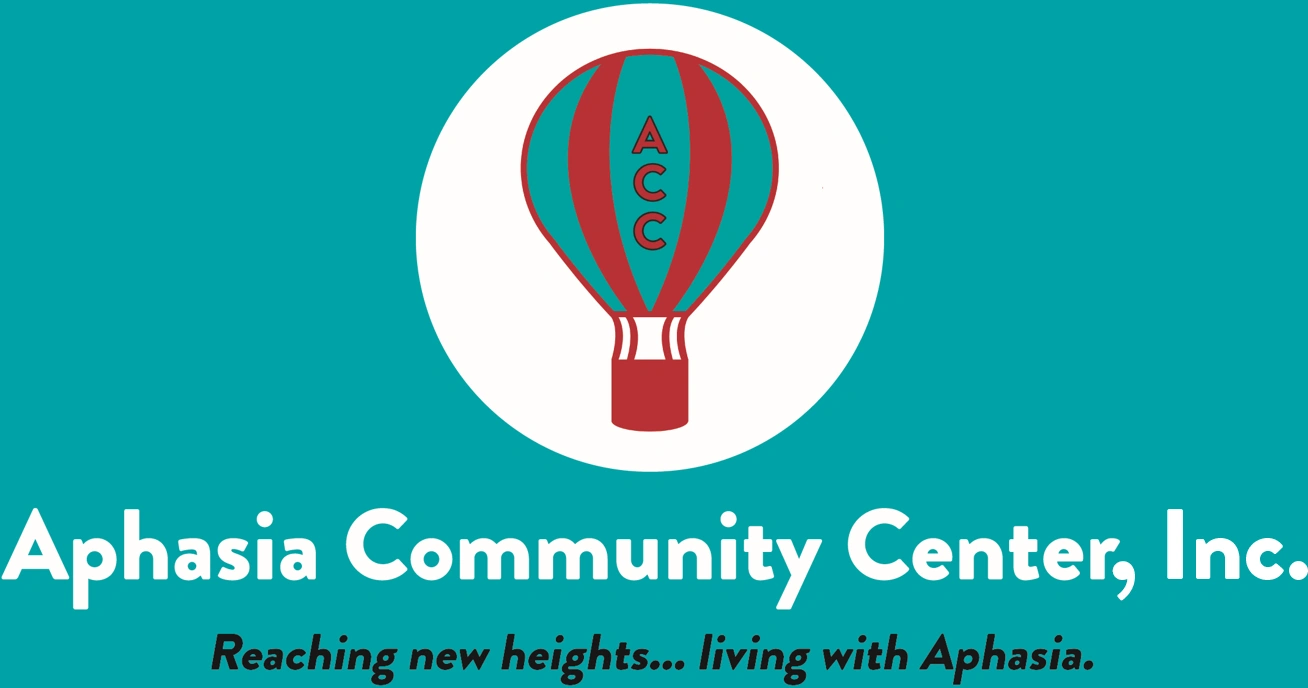The Good Enough Principle refers to the idea that progress is a better goal than perfection in our role as co-survivors and caregivers. In reality, no one is perfect. But perfectionism has good points, like pushing yourself to set high standards and to work hard. The bad side of perfectionism causes people to pursue unattainable goals or waste time focusing on unimportant details, leading to stress, anxiety, and possibly depression. How do we determine what is Good Enough?
The principle of Good Enough helps you identify the point when putting more resources into something won’t improve it meaningfully. You can use this principle to determine when to finish your task and move on. We are not talking about low-quality caregiving or not paying attention to your loved one. Instead, clearly define what Good Enough means in your particular circumstance. Good enough is as low or high a benchmark as you deem necessary. The point is to not work yourself to pieces trying to get everything perfect.
Here are some helpful tips for implementing the Good Enough Principle:
- Clearly identify goals: What compulsions do you need to perform perfectly, even when hardly called for or reasonable? Which obligations are you to do perfectly, independent of whether you feel like doing them or experience them as gratifying? What do you choose to execute on a level much higher than necessary because it affords you genuine satisfaction, pleasure, or joy? Which goals show that your work doesn’t have to be perfect for you to achieve them? Evaluate the cost-benefit of your Good Enough goals. Set goals and deadlines in advance. Done can be far better than perfect.
- Ignore judgment/comparison between yourself and others: Ask yourself what you fear concerning finishing at a good enough point, and then think through those fears. Are they unfounded? Don’t compare your situation to anyone else. Each situation is entirely unique. Focus on progress rather than perfection.
- How to spend resources: Consider how you could spend your resources, such as time and effort. Stop wasting your resources on projects that pass the Good Enough Principle. Your resources are limited and don’t need to be used in every situation.
- Be kind to yourself: Talk to yourself as if you were your own child. Would you care for the you/child differently than the you/adult? Give yourself a break.
- Be grateful for your choices: You are making calculated and informed decisions, no longer being pushed around by circumstances. You deserve a pat on the back!
Keep trusting that putting one foot in front of the other is enough. Concentrate on the next best thing by clearly identifying goals, ignoring judgment and comparison, spending resources appropriately, and being kind to yourself. No one is perfect! Not even you, the caregiver.

